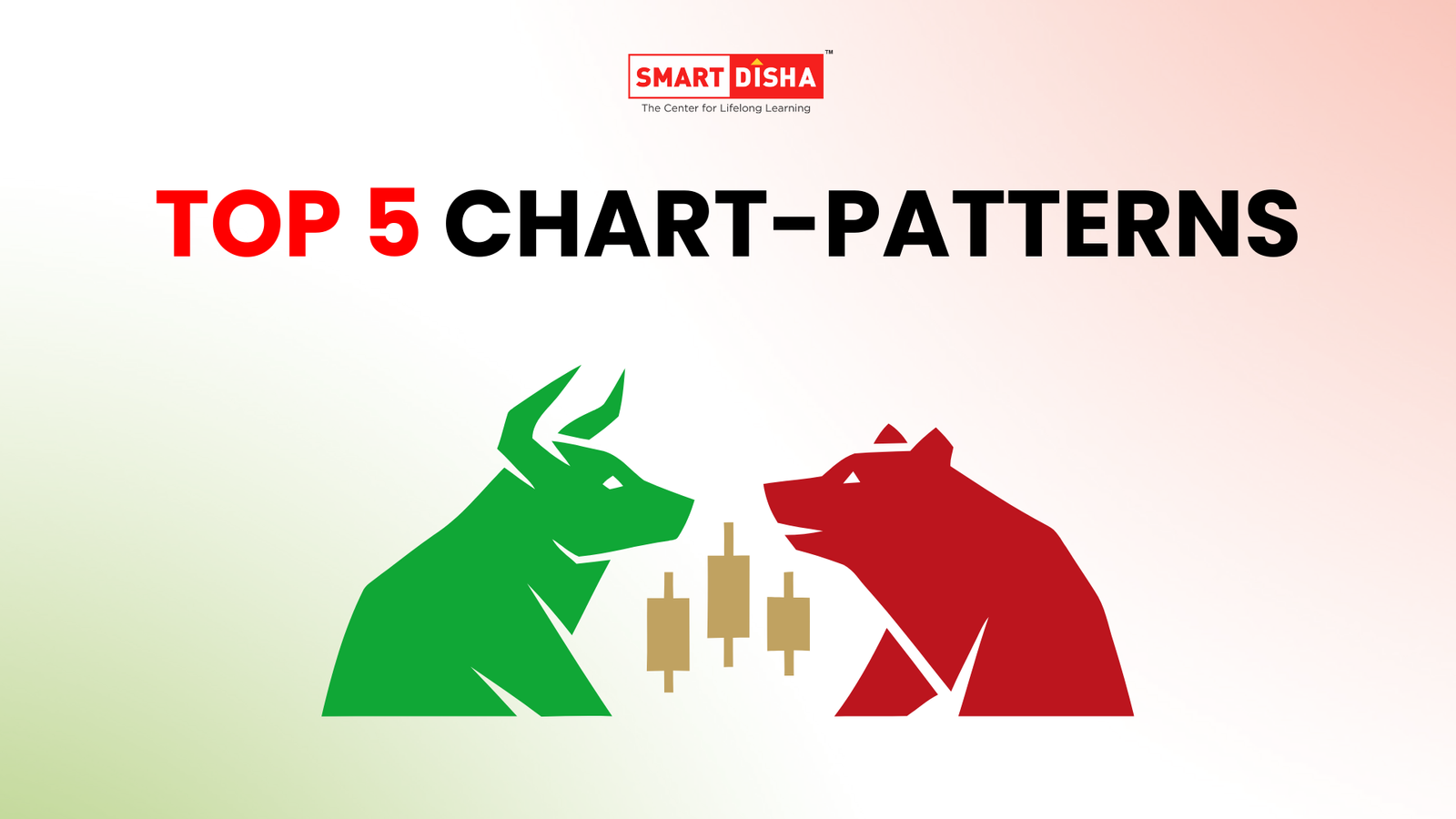Herd mentality, also known as the “bandwagon effect,” plays a significant role in stock market movements. It refers to the tendency of individuals to mimic the actions of a larger group, often disregarding their own analysis or the fundamentals of a particular investment. While herd behaviour can occasionally lead to profitable outcomes, it can also create market bubbles, intensify volatility, and lead to poor investment decisions. Understanding the impact of herd mentality on stock markets is crucial for investors looking to make rational, informed choices.
What Is Herd Mentality in Stock Markets?
Herd mentality occurs when investors follow the majority’s actions rather than conducting their own independent research. It often stems from psychological factors like fear of missing out (FOMO), fear of loss, and the perceived safety of moving with the crowd. In the stock market, herd behaviour can be seen when large numbers of investors buy or sell shares based solely on market sentiment, rather than actual data or company performance.
This behaviour is particularly evident during times of market euphoria or panic. For instance, during a bull market, investors may rush to buy stocks because everyone else is doing so, driving prices higher. Conversely, in a market downturn, panic selling can set in, leading to sharp declines in stock prices as investors flee, often without assessing the actual risks or opportunities.
Why Do Investors Follow the Herd?
There are several reasons why investors fall into herd mentality:
1. Fear of Missing Out (FOMO)
Investors often fear missing out on a potential profit when they see others making money. This can lead to impulsive buying decisions, especially when stocks appear to be skyrocketing in value. The desire to capitalise on an opportunity, even when it’s overhyped, can push investors to jump on the bandwagon without fully understanding the risks.
2. Social Proof
People tend to look to others for cues on how to behave, particularly in uncertain situations like stock market fluctuations. When a large group of investors is making a particular move, it can create a sense of legitimacy around that action, leading more people to follow suit.
3. Safety in Numbers
Many investors feel safer when their decisions align with the majority. The thought process is, “If everyone else is doing it, it must be right.” This can make investors feel more comfortable taking risks, as the collective action seems to reduce the perceived individual risk.
4. Market Sentiment
Positive or negative news can quickly spread through social media, financial news outlets, and investment forums. As information (or misinformation) becomes widespread, it influences investor decisions, often leading to herd behaviour based on the prevailing sentiment rather than concrete analysis.
How Herd Mentality Affects Stock Markets
1. Market Bubbles
Herd mentality can lead to the creation of market bubbles, where asset prices rise far beyond their intrinsic value due to excessive demand. Investors continue to buy because they see others buying, causing prices to inflate. Eventually, when reality sets in and investors realise that prices are unsustainable, the bubble bursts, leading to sharp declines and significant losses. Notable examples include the Dot-com Bubble of the late 1990s and the housing market crash in 2008.
2. Increased Volatility
When large groups of investors make the same decisions based on emotion rather than rational analysis, market volatility increases. This can lead to rapid fluctuations in stock prices, making it difficult for individual investors to navigate the market. Volatility driven by herd behaviour can be particularly destabilising, as stocks experience exaggerated price movements not tied to their fundamental value.
3. Short-Term Gains and Long-Term Losses
Following the herd may lead to short-term gains, but it often results in long-term losses. Investors who buy into stocks during a market rally, driven by herd behaviour, may face significant losses when prices correct. Similarly, those who panic and sell during a market decline may miss out on future recoveries. Herd mentality often leads to buying high and selling low—exactly the opposite of sound investing principles.
4. Mispricing of Stocks
Herd mentality can distort the true value of a stock. When investors pile into a particular stock or sector without regard for the underlying business performance, it creates mispricing. Some stocks may become overvalued, while others that are fundamentally sound might be undervalued because the herd is focused elsewhere. This mispricing can lead to inefficient capital allocation in the broader market.
Real-World Examples of Herd Mentality in Stock Markets
1. The Dot-com Bubble (1995-2000)
During the late 1990s, internet-related companies became the focus of widespread speculation. Many investors rushed to buy tech stocks based on the belief that the internet would revolutionise business. While this was true in the long term, many of the companies that investors bought into had no profits and unsustainable business models. Herd behaviour led to inflated stock prices, which eventually collapsed when the bubble burst in 2000, resulting in significant losses.
2. GameStop Short Squeeze (2021)
The GameStop saga in early 2021 is another clear example of herd mentality at work. Investors on social media platforms like Reddit coordinated to drive up the price of GameStop stock, leading to a short squeeze. The stock price skyrocketed as more investors joined in, regardless of the company’s fundamentals. While some early investors profited, many who followed the trend late lost money when the stock’s price eventually plummeted.
Strategies to Avoid Herd Mentality
1. Do Your Own Research
The most effective way to avoid falling into a herd mentality is by conducting your own analysis. Focus on the fundamentals of the company or asset you are considering, such as earnings, growth prospects, and industry trends. This helps you make informed decisions based on real data, not market sentiment.
2. Set Long-Term Goals
Having clear long-term financial goals can prevent you from making impulsive decisions based on short-term market movements. When you have a strategy in place, it becomes easier to stick to your plan rather than reacting to what others are doing.
3. Diversify Your Portfolio
Diversification can help reduce the risk associated with herd behaviour. By spreading your investments across different asset classes and sectors, you reduce the likelihood of being negatively impacted by the crowd’s actions in any one area of the market.
4. Stay Calm During Market Volatility
During times of market panic or euphoria, it’s essential to remain calm and avoid making emotional decisions. Herd behaviour is often driven by emotion, but successful long-term investing requires rational decision-making.
Conclusion:
While it can be tempting to follow the crowd in the stock market, herd mentality often leads to poor investment outcomes. It can fuel bubbles, increase volatility, and cause investors to make decisions based on fear or greed rather than logic and analysis. By staying informed, conducting independent research, and focusing on long-term goals, you can avoid the pitfalls of herd behaviour and make smarter investment decisions




